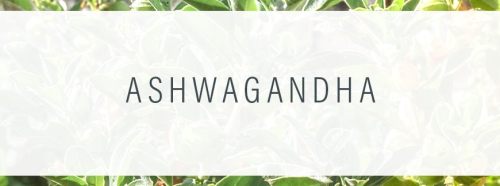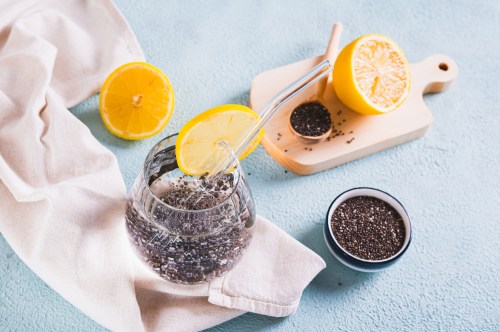The transition from gestating a human for nine months to becoming a new mom is the biggest change you’ll likely go through. Suddenly, you’re in charge of a whole new life, which means caring for your own stressed and exhausted body and mind often comes second. One way to show yourself a little love (and feel a bit more like a person): Get your adrenals back on track.
“During the nine months of pregnancy, the body’s endochrine, hormone, nervous, and immune systems have all adapted to that role,” explains Mary Bove, ND, an herbalist and naturopathic physician with over 40 years of experience who has worked with Gaia Herbs since the mid ’90s. Dr. Bove says that while the changes that happen during pregnancy make sense for that time period, after birth they can stress the body out. “The thyroid and adrenal glands in particular need to recalibrate,” she says.
Life stressors can tax the adrenals, too—and the months postpartum aren’t exactly a walk in the park. Oh, and your body is also now producing milk, something else that impacts the adrenal and hormonal symptoms. To bring some balance back to your ever-changing body, you may want to enlist the help of a few key herbs.
Here, Dr. Bove outlines four herbs to add to your diet postpartum, all of which support the adrenals in different ways.
Scroll down to see the best herbs for new-mom issues like lactation, postpartum depression, and more.

Holy basil
“When we look at what botanicals and herbs can do, we tend to look towards adaptogens,” Dr. Bove says. “Just like the name implies, they help you adapt.” One of the most postpartum-friendly adaptogens is holy basil, which she says can help with postpartum depression and with lactation. “Holy basil supports the reproductive system and is a galactagogue, helping stimulate breast milk production,” she explains.
Dr. Bove says new moms can have holy basil as a tea or as an extract, depending on how badly they need it. “If a new mom is running out of milk at the end of the day or has the postpartum blues, a holy basil tea is a nice way to have it; but if the depression is more severe, an extract would be better.”

Ashwagandha
Dr. Bove says ashwagandha is helpful if you’re having trouble falling asleep after getting up in the middle of the night to nurse. She explains that nervine herbs (which support the nervous system) like catnip, chamomile, and passion flower might make you groggy, but ashwagandha works in a gentler way, setting the stage for sleep.
“When you wake up in the middle of the night and the baby is crying or the lights are on, those sorts of things can be stimulating to the endocrine system, but using this quiet, restoring adaptogen can help mitigate that a bit,” she says. It’s another one she recommends taking as a tea or mixed in with food.

Schisandra
According to Dr. Bove, giving birth—be it vaginally or via C-section—increases your risk of infection. But schisandra, a dark red berry, can help protect the body. “Schisandra berries are full of antioxidants and polyphenols, which really help with postpartum infections or colds,” she says. “If there was a lot of bleeding during the birth or the mom is still experiencing some bleeding, schisandra can help with those challenges, too.”

Astragalus
If you’re a new mom experiencing any yeast overgrowth or digestive issues, Dr. Bove says astragalus is a star herb to have on hand. “It helps to change the integrity of the microbiome,” she says, adding that bringing balance to the gut is another key to keeping the immune system in top shape. Dr. Bove says this herb works really well with ashwagandha, and a lot of the moms she’s helped mix it in with their pancake or muffin mix. Or, you can add it to your oatmeal or smoothie.
“Adaptogens are meant to be taken on a regular basis, so they all work really well mixed in with food,” Dr. Bove says. Working a few—depending on your postpartum needs—into your diet post-birth will help your feel a bit more balanced as you start creating a new normal with your latest and littlest addition. And it’s a small but important way to care for yourself, too.
For more expert and real-mom-approved parenting intel, dive into Mom Crush May.
Sign Up for Our Daily Newsletter
Get all the latest in wellness, trends, food, fitness, beauty, and more delivered right to your inbox.
Got it, you've been added to our email list.










